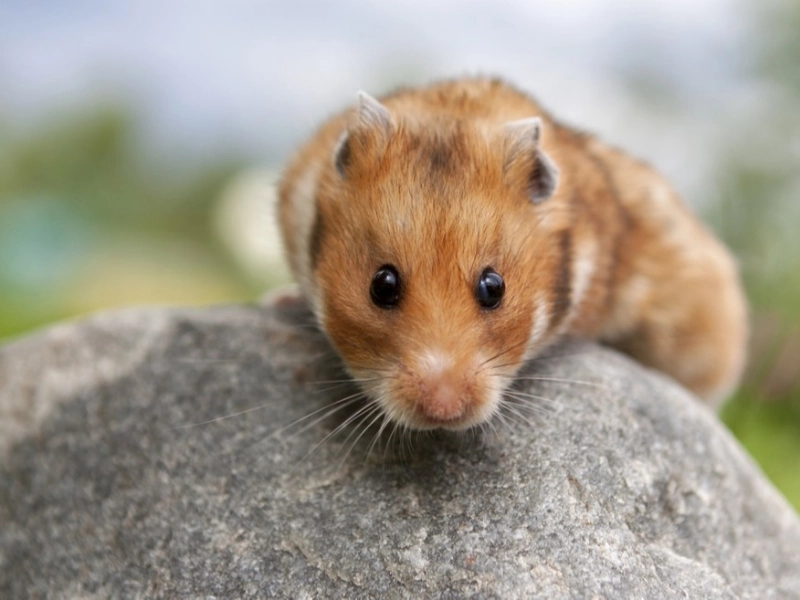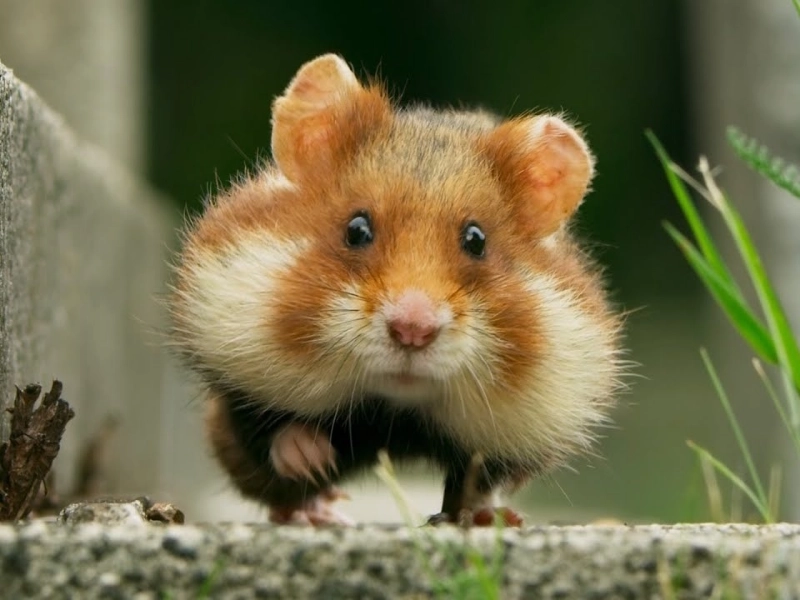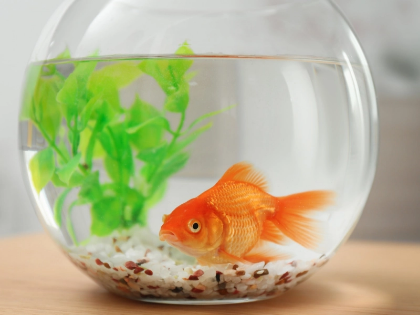Hamsters prefer the darkness since they are naturally nocturnal animals. They eat at night and sleep throughout the day.
They are able to evade daytime predators and the intense desert heat because of their crepuscular habits. Their enhanced sense of smell and whiskers also help them navigate.
As a result, throughout the day, you ought to keep your hamster's cage in a room with low lighting. Their eyes can become damaged by direct sunlight, and they can become too hot.
Day

Advertisement
Although hamsters can sleep for up to 14 hours per day, they typically wake up and take short naps throughout the day and night to maintain their energy levels. They are also nocturnal, so you will probably observe them running around and playing in their wheel at night.
Hamsters in the wild spend the day in their burrows to protect themselves from predators and the sweltering sun. Once it is dark, they emerge to hunt, locate water, play with toys, and engage in other activities. Since hamsters have poor eyesight, they search for objects on the ground using their whiskers, scent glands, and pheromones.
By covering their cage during the day or using artificial light at night, you shouldn't try to alter your hamster's natural sleeping and awake cycles. They could become overtired as a result of this thrown-off body clock. Simply attempt to provide them with enough darkness at night and sunlight during the day.
Night

Because they are nocturnal, hamsters spend their days sleeping. They are unable to withstand strong sunlight since it can damage their eyes and interfere with their sleep pattern. Avoid leaving your hamster's cage in direct sunlight to avoid this. Instead, you could let the curtains open so they could take advantage of the moonlight.
Hamsters are crepuscular in the wild. This indicates that they like to carry out the majority of their activities between dusk and daybreak. As a result, they can seek food without worrying about being spotted by predators or getting too hot from the sun.
Additionally, avoid using a blanket or other artificial means to make your hamster's cage darker during the day. This will throw off their circadian rhythm and prevent them from going to sleep when they ought to. Instead, make an effort to interact with them in the evening. You may attend to their needs in this manner without upsetting their sleep pattern.
Light

Since they spend most of their time at night, hamsters require complete darkness to signal when it is time to go about their daily routines. As they stay away from predators like wild cats, dogs, and rooks (birds that resemble crows), their nighttime habits are also advantageous for their health.
It's vital to remember that forcing your pet to stay awake during the day will disrupt his regular sleeping pattern. However, it is advised to play with your hamster before you go to bed in the evenings.
It's not a bad idea to leave a light on in your hamster's cage at night, but be careful not to make it too bright because hamsters are sensitive to light. They require dim lighting to see, and energy-efficient lights work best for this. A hamster prefers natural light during the day and complete darkness at night. Hamsters in the wild become accustomed to this.
Temperature

The fact that hamsters cannot endure freezing temperatures is the most crucial thing to remember. Hypothermia could cause death if you try to cool down the temperature in your hamster's cage.
In the wild, hamsters spend the day hiding because the sun hurts their eyes and because they are vulnerable to predators. At sunset or at night, when the sun's light is less intense, they venture outside to hunt.
Even though hamsters can't see well at night, they may compensate by employing their acute senses of touch and smell, as well as by leaving a scent trail with their whiskers and having a good memory. Because of this, they don't require a nightlight in their homes and can easily get around.
During the day, hamsters shouldn't be exposed to artificial light, and their cage should be covered when it's not in use. Your hamster can experience stress and health problems if you alter this timetable.












